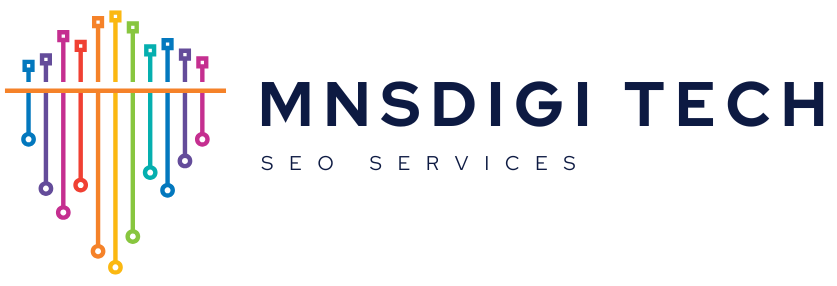Search Engine Optimization
One of the most significant benefits of SEO is the potential for increased organic traffic to your website.
SEO goes hand in hand with optimizing the user experience (UX) of your website. Search engines prioritize websites that provide valuable, relevant, and user-friendly content.
When your website appears on the first page of search results, it significantly increases your brand's visibility.
Compared to traditional advertising channels, SEO offers a cost-effective marketing solution.
Why Choose Our SEO Services in India?
With years of experience in the industry, our team possesses in-depth knowledge and expertise in all aspects of SEO. We stay updated with algorithm changes and best practices to ensure optimal client results.
We understand that each business has unique goals. Our SEO services are tailored to meet your specific requirements and align with your business objectives. We conduct thorough research to identify the most effective keywords and develop a customized strategy that drives targeted traffic to your website.
Our SEO services encompass various techniques, including keyword research, on-page optimization, technical SEO, link building, content marketing, and more. We take a holistic approach to ensure all aspects of your website are optimized for maximum search visibility.
We strictly adhere to ethical SEO practices and follow white-hat techniques. We focus on long-term, sustainable results that comply with search engine guidelines. We prioritize building high-quality backlinks, creating engaging content, and optimizing your website for user experience.
We believe in transparency and accountability. Throughout the SEO process, we provide detailed reports and analysis to keep you informed about the progress of your campaigns. Our team regularly monitors key performance indicators (KPIs) and adjusts strategies to ensure optimal results.
How we work?
-
Keyword Research: Keyword research is the foundation of SEO. It involves identifying relevant keywords and phrases that your target audience is likely to use when searching for products, services, or information related to your business. Keyword research tools can help you discover high-volume, low-competition keywords that you can target in your optimization efforts.
-
On-Page Optimization: On-page optimization focuses on optimizing individual web pages to improve their visibility and relevance to target keywords. Key elements to optimize include page titles, meta descriptions, headings (H1, H2, etc.), URL structure, and content. Incorporate target keywords naturally into these elements, ensuring they align with the search intent of your audience. Optimize the content by providing valuable and comprehensive information, using proper formatting, and including relevant visuals.
-
Technical SEO: Technical SEO involves optimizing the technical aspects of a website to improve its crawling, indexing, and overall performance. This includes ensuring proper website structure and navigation, optimizing URL structure, improving page load speed, implementing XML sitemaps, using schema markup for enhanced search engine understanding, and optimizing for mobile devices.
-
Content Creation and Optimization: Creating high-quality, relevant, and engaging content is essential for SEO. Develop informative and valuable content that addresses the needs and interests of your target audience. Optimize the content by incorporating target keywords naturally, using descriptive headings and subheadings, utilizing internal and external links, and including relevant multimedia elements. Regularly update and refresh your content to keep it current and relevant.
-
Link Building: Link building involves acquiring high-quality backlinks from reputable and authoritative websites. Backlinks act as votes of confidence for your website’s credibility and authority. Focus on building relationships with industry influencers, guest blogging, creating shareable content, and leveraging social media to earn natural backlinks. Avoid spammy and low-quality link-building practices, as they can harm your website’s rankings.
-
User Experience Optimization: User experience (UX) plays a crucial role in SEO. Search engines prioritize websites that provide a positive UX. Optimize your website for easy navigation, fast loading speed, mobile responsiveness, and intuitive design. Ensure that visitors can find the information they need quickly and have a seamless browsing experience across devices.
-
Analytics and Monitoring: Regularly monitor and analyze your website’s performance using tools like Google Analytics. Track key metrics such as organic traffic, keyword rankings, bounce rates, conversion rates, and user engagement. Use this data to identify areas for improvement, assess the effectiveness of your SEO strategies, and make data-driven decisions to optimize your website further.
-
Continuous Optimization and Adaptation: SEO is an ongoing process that requires continuous optimization and adaptation. Stay updated with the latest SEO trends, algorithm changes, and best practices. Regularly review and refine your SEO strategies based on data insights, user feedback, and industry developments. SEO is a dynamic field, and staying proactive ensures your website maintains its visibility and competitiveness in search engine rankings.

